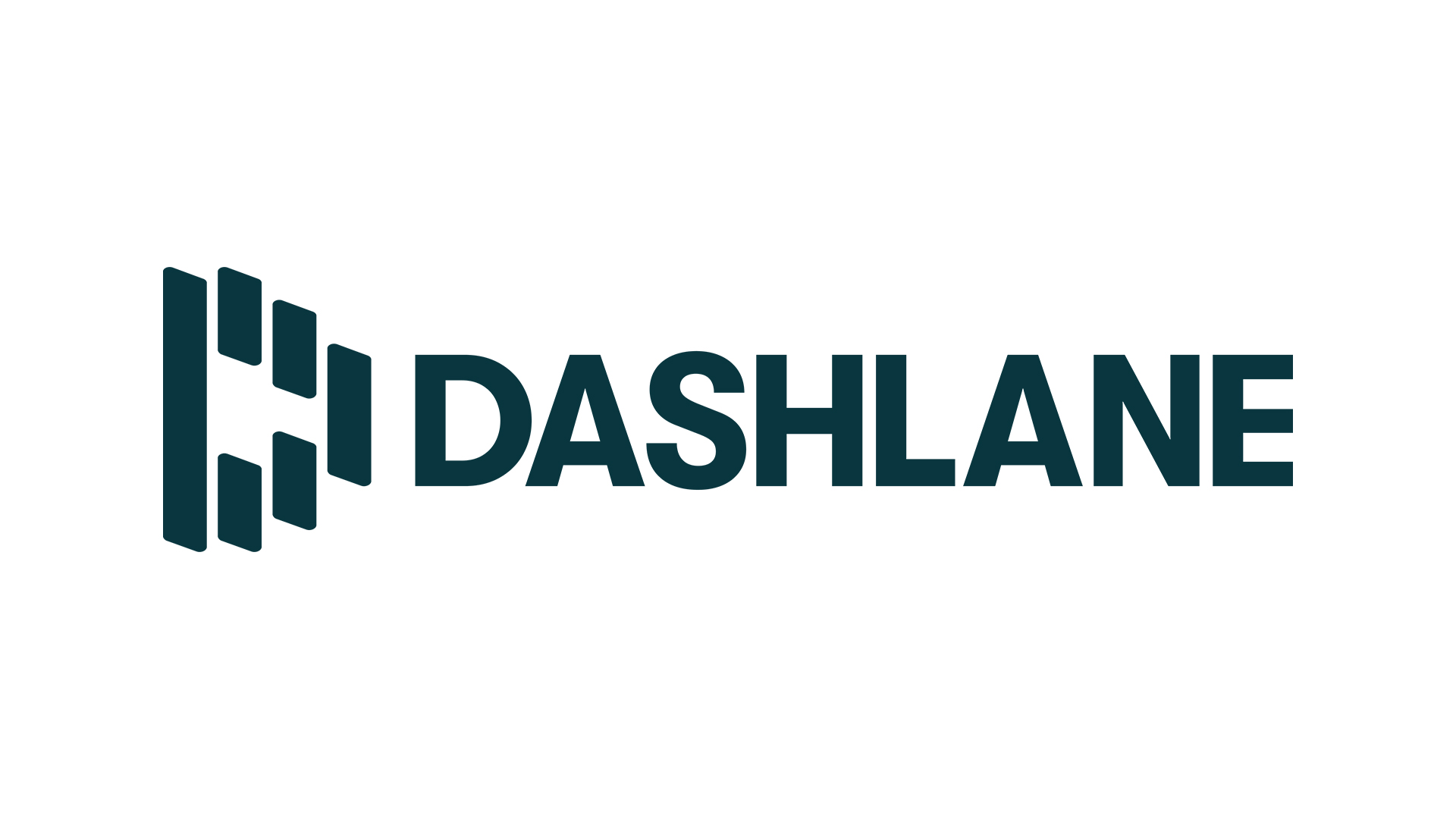Three reasons why resellers should re-evaluate their business models
Cloud technology and managed services are key to a sustainable future

Gone are the days when lucrative storage and server orders provided a reliable revenue stream for the channel. The growth of Infrastructure as a Service (IaaS) public cloud services has reduced vendors’ main market to departmental file and print servers at best, and has vastly limited their opportunities to sell hardware.
Finding a substitute for this potential loss of income generally means moving away from selling hardware, as storage and server arrays are now commodities. The game has switched away from hardware to software-defined infrastructures and virtualisation.
The landscape is changing
At one time, channel dealers were split between those adding value to software services – value-added resellers, or VARs – and traditional resellers shifting software and tin. Now, the cloud has turned most traditional resellers into VARs and the others only truly prosper in the volume space or online. Many resellers are going further still by moving into the services industry. The knock-on effect is that channel operatives are now accepted as "trusted partners" and are more closely aligned with their customers' businesses.
This has benefits for both the client and the reseller. From the client's perspective, the reseller is no longer linked to stressful disruptions that they are contacted to resolve, because problems are identified before they occur. This way, a constant working relationship is encouraged through the ability to manage services, meaning resellers are assimilated into the client's team.
Stronger relationships can also make it significantly easier to expand service offerings with that particular client. Also, contacts are more likely to be referred your way, and overall, the value of your service will increase leading to greater revenues.
Analyst firm IDC’s Worldwide Server Tracker for Q4 2018 found that year over year revenue increased 12.6% to $23.6 billion worldwide, with midrange server revenue growing 30.3% and high-end systems falling 28.3%.
While this shows a significant improvement from only two years ago, there is still a need to embrace selling solutions and services to futureproof your business, with the potential of moving beyond this by increasingly offering managed services.
Stay up to date with the latest Channel industry news and analysis with our twice-weekly newsletter
There is also a growing demand in the SMB space for local providers that can offer SaaS integrations, packaged offerings that can easily be rolled out into the cloud and more tailored tools for on-premise installations.
Cloud technology is changing constantly and this means resellers not only become closer to their customers, but also form a deeper relationship with their suppliers.
New technologies and trends are emerging
The growing power of containerisation is one of the new development areas in cloud technologies. This is the ability to package all the elements of a virtualised application suite so it can be preconfigured, tested, then dropped into the hardware with a high degree of confidence everything will work well.
Containers mean that configuration changes or other upgrades can be engineered at the resellers’ premises and deployed remotely without the need for costly site visits.
The move from hardware provision to software and services management also smooths cashflow. Unpredictable income spikes are replaced by regular monthly income from ongoing service provision and licensing. Software services and cloud deployments have simplified the reseller market as there is now less need for an army of technology experts. This means the number of customers served increases to compensate for the loss of hardware sales - and reduces the need for highly qualified staff.
Switching customers to managed services makes them less likely to move to a new supplier, eliminating the quarterly rush for contracts and revenue to meet targets and making business planning easier.
The future is flexible
The scalability and flexibility the cloud offers allows customers to expand the ways IT can benefit their businesses, with minimal financial risk.
Offering managed services allows for a predictable cash flow, meaning a constant and stable revenue stream. Clients subscribe to a service that operates regardless of activity levels, bringing revenue even in slow periods. Predictable revenue allows the reseller to develop more accurate business strategies, presenting a real chance at growth.
On the client's side, their systems are constantly maintained, meaning they don't break. And just as the MSP can plan for the future, as can clients as they pay a fixed cost, and so don't have to cover unaccounted disruptions to technology.
The channel also benefits from risk reduction because investment in stock is dramatically reduced. Education and training programmes may be an additional cost, but this could be recouped through service and consultancy fees.
Many of the larger resellers have already made the transition to become managed service providers (MSPs), but cloud services provision is becoming simpler and opening up the option to a broader range of businesses. Hardware sales are increasingly tough deals to win, but the opportunities provided through the cloud are now evident.
-
 What is a reseller?
What is a reseller?As the crucial link between technology vendors and businesses, IT resellers have evolved from simple product suppliers to indispensable strategic partners, providing expert advice, customized solutions, and vital ongoing support in a complex digital world
-
 Circular services: The next growth engine for channel partners
Circular services: The next growth engine for channel partnersIndustry Insights Why circular services are the next growth engine for channel partners
-
 When the vendor fails: Why B2B buyers need escrow as a priority for their software stack
When the vendor fails: Why B2B buyers need escrow as a priority for their software stackIndustry Insights Channel partners need stronger governance to navigate vendor collapse…
-
 Dashlane unveils new global reseller partner program
Dashlane unveils new global reseller partner programNews The initiative’s tiered framework aims to help resellers proactively tackle credential-based threats and generate new revenue streams
-
 Malwarebytes bolsters reseller partner program with fresh incentives
Malwarebytes bolsters reseller partner program with fresh incentivesNews The revamped initiative aims to help partners generate profitable, consistent business growth and target specific vertical markets
-
 New Aryaka reseller program offers up to 35% deal margins
New Aryaka reseller program offers up to 35% deal marginsNews The SD-WAN and unified SASE specialist is aiming to “reignite” its reseller partnerships

